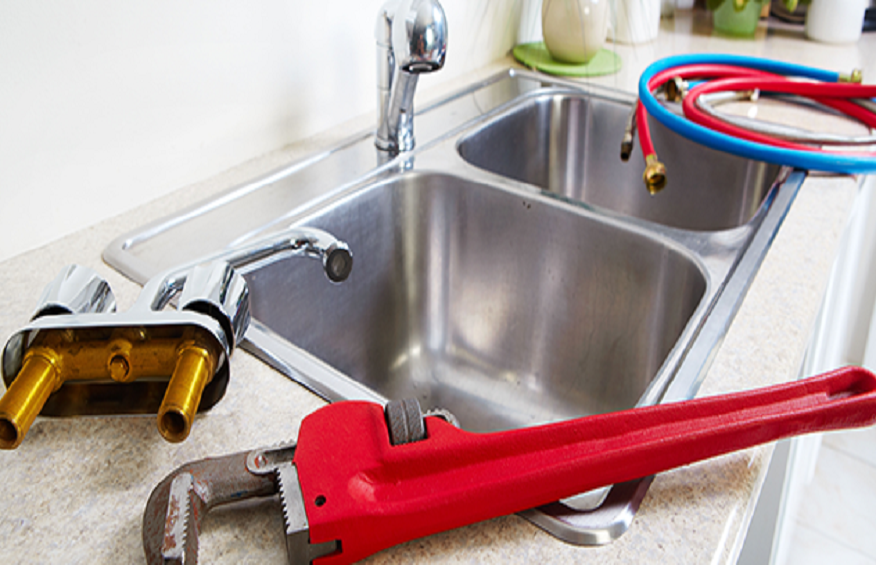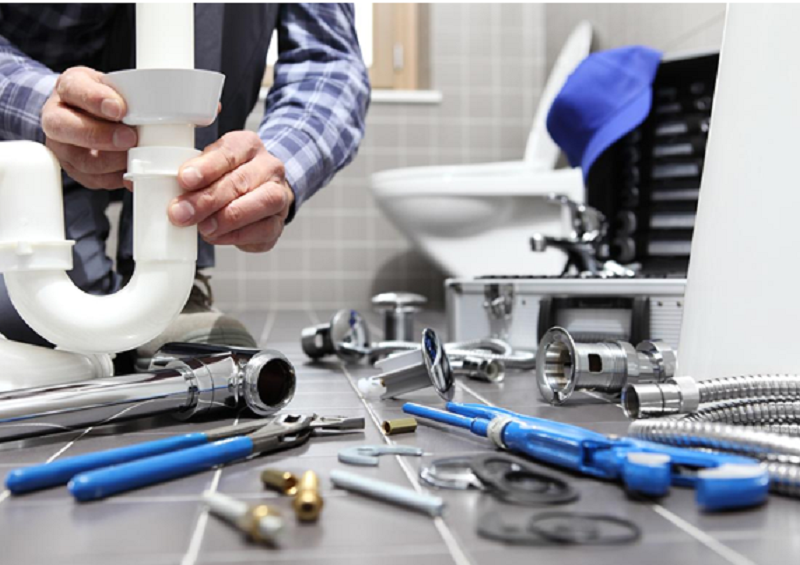Becoming a professional plumber is a rewarding career choice that offers stability, job security, and the opportunity to help people solve their plumbing problems. Plumbers play a vital role in maintaining the infrastructure of buildings and ensuring the efficient functioning of water supply and drainage systems. Whether it’s fixing leaky steel or copper pipes, installing new fixtures, or designing complex plumbing systems, plumbers are in high demand.
Here are some six steps into becoming a professional plumber
1. Complete a plumbing apprenticeship program
Look for reputable plumbing companies, trade unions, or vocational schools that offer plumbing apprenticeship programs. Research their requirements, application process, and duration of the program.
Each apprenticeship program may have specific eligibility criteria. Common requirements include being at least 18 years old, having a high school diploma or equivalent, possessing a valid driver’s license, and passing a drug test.
The apprenticeship program typically combines classroom instruction and on-the-job training. You will work under the supervision of experienced plumbers, learning practical skills and gaining real-world experience. The duration of the program can range from 4-5 years, depending on the program and your location.
2. Gain practical experience
During your apprenticeship, you’ll work under the supervision of experienced plumbers, allowing you to acquire practical skills on how to become a plumber. This hands-on experience is crucial for developing your abilities and becoming familiar with various plumbing systems, tools, and materials.
Pay close attention to the experienced plumbers you work with during your apprenticeship. Observe their techniques, ask questions, and seek guidance. They can provide valuable insights, share their expertise, and help you develop essential skills.
Attempt to gain experience in different areas of plumbing. This can include working on different types of plumbing systems, such as water supply, drainage, or gas systems. Aim to work in various settings, such as residential, commercial, or industrial projects, to broaden your experience.
3. Obtain a plumbing license
After completing your apprenticeship, you’ll need to obtain a plumbing license to work as a professional plumber. Licensing requirements vary by location, so research the specific regulations in your area. Generally, you’ll need to pass an exam that tests your knowledge of plumbing codes, regulations, and best practices.
4. Continue learning
Plumbing is an ever-evolving field, and it’s important to stay updated on the latest techniques, technologies, and regulations. Attend workshops, seminars, and industry conferences to expand your knowledge and network with other professionals. Additionally, consider pursuing advanced certifications, such as becoming a certified plumbing inspector or green plumber.
5. Gain professional experience and build a reputation
As you work in the field, continue to build your experience and hone your skills. Focus on providing quality service, maintaining professionalism, and building good relationships with clients and colleagues. Positive word-of-mouth referrals can be instrumental in establishing your reputation as a reliable and skilled plumber.
Remember, becoming a professional plumber takes time and dedication. It’s a career that requires continuous learning and adapting to new plumbing techniques and technologies. By following the above steps and putting in the necessary effort, you can develop the skills and knowledge needed to succeed as a professional plumber.


